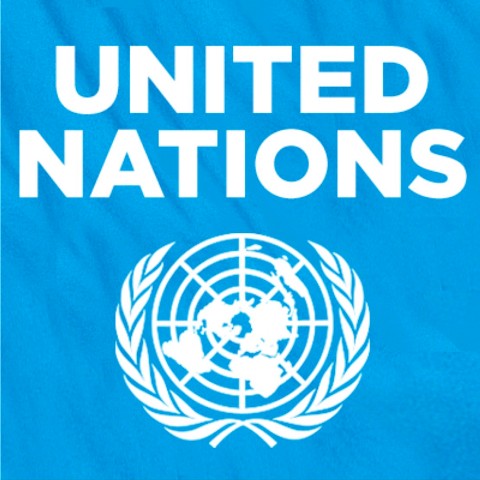Editorial
Autism: Surmounting The Limitations

The United Nations (UN), last Sunday, marked the World Autism Awareness Day to draw attention to autism and related ailments and disorders that affect millions of people globally.
The event whose theme was: “The World Autonomy and Self Determination,” raised public awareness of one of the world’s most severe mental and neurological disorders.
If statistics from the World Health Organisation are anything to go by, it means that autism is one of the fastest growing human development disabilities in the world today. Records from the National Autistic Society (NAS) also show that the ailment is on the increase without tangible medical solution.
Sadly, society has paid little or no attention to those suffering from this complex disorder of the brain that is associated with difficulties in social interaction, verbal and non-verbal communication and repetitive behaviours from childhood.
The objective of this year’s theme is to provoke awareness and special attention to autistic patients to enable them receive understanding and support everywhere needed for self-fulfillment.
Like other humans, autistic children need proper treatment that would guarantee them respectable life and ensure their rights to expression through creative activities and skills.
The Tide therefore, implores the society to grant them access to equal education and other privileges which other members of the society enjoy.
Similarly, we expect government at all levels to use this year’s commemoration to make a meaningful difference in the lives of autistic patients by assisting them and their families to be self fulfilled and reliant on their potentials.
Indeed, the nation’s education managers should review the school curriculum to accommodate autistic children and possibly establish special public schools to cater for them. It will not be out of place if the National Assembly enacts a legislation in this direction and also ensure that such law is domesticated at the second and third tiers of government.
It is regrettable that in this age and time, the society, especially in Nigeria, still demonises autism and stigmatises autistic children based on primordial sentiments. It is against this background that we call for sufficient sensitization and awareness programmes aimed at reducing the stigmatization Autism is not an infection, let alone being contagious.
The Tide is aware that there is no known scientific cure for autism, but studies have shown that making autistic children learn, play and compete with normal children can promote in their psycho-motor abilities and help them develop self confidence.
The society, particularly parents and guardians, must endeavour to re-enforce the humanity in autistic children by not isolating them from others as isolation can make them develop monstrous tendencies. We believe strongly that there is value in every seeming disability.
As the society brings itself to reality with autistic patients, we must make conscious efforts to accept them as humans created by God and treat them with the needed love, care and respect.
The Tide believes that until there is a new acceptable mindset for persons with autism, the drive for the attainment of the United Nations Sustainable Development Goals (SDGs) will be a mirage.
Editorial
Resolve Rumuwoji Market Issues, Others

Editorial
As NDG Ends Season 2

Editorial
Beginning A New Dawn At RSNC

-

 News4 days ago
News4 days agoAmend Constitution To Accommodate State Police, Tinubu Tells Senators
-

 Politics4 days ago
Politics4 days agoSenate Urges Tinubu To Sack CAC Boss
-
Business4 days ago
Crisis Response: EU-project Delivers New Vet. Clinic To Katsina Govt.
-
Business4 days ago
President Tinubu Approves Extension Ban On Raw Shea Nut Export
-

 News4 days ago
News4 days agoDisu Takes Over As New IGP …Declares Total War On Corruption, Impunity
-
Business4 days ago
Fidelity Bank To Empower Women With Sustainable Entrepreneurship Skills, HAP2.0
-
Business4 days ago
President Tinubu Extends Raw Shea Nuts Export Ban To 2027
-
Sports4 days ago
NDG: Rivers Coach Appeal To NDDC In Talent Discovery

